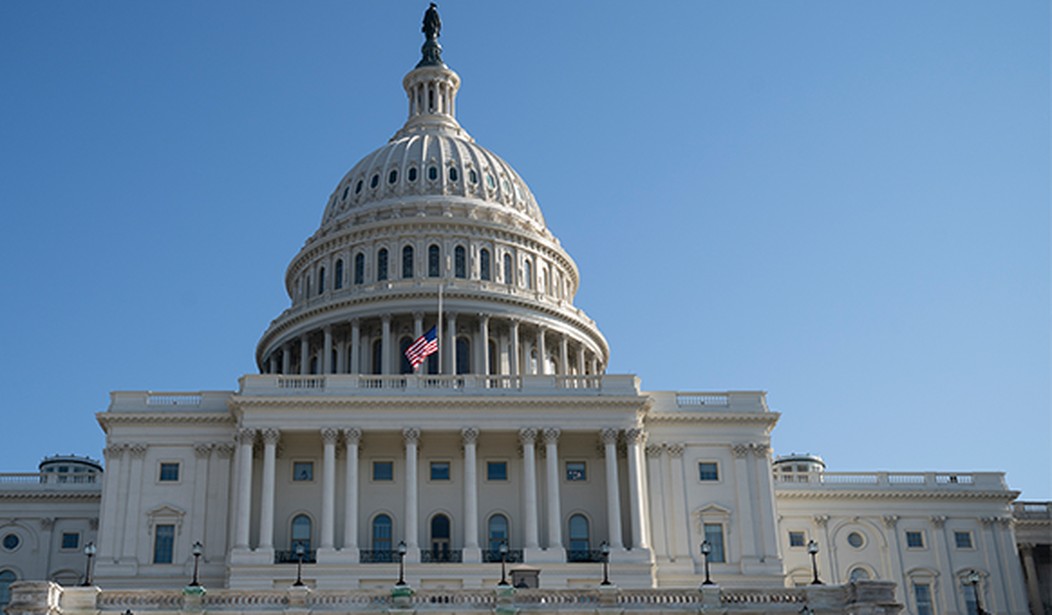The Organisation for Economic Co-operation and Development (OECD) recently released its preliminary report on the revenue effects of the first two pillars of its anti-base erosion and profit shifting (BEPS) project. The topic may be dense, but the results are not — implementation of the OECD’s plan would result in a $100 billion tax increase on mostly American businesses.
The OECD began its BEPS project in 2013 in response to concerns about corporations avoiding taxes with offshore accounts. Since then, it has released a 15-point action plan, encouraging member countries to comply with the points in order to maximize revenue collections.
The OECD has now turned its efforts to the next boogeyman: large American tech companies not paying their “fair share” to countries such as France and Spain. While those countries have acted unilaterally to impose digital service taxes, the OECD is rushing to create a new global minimum tax structure.
The new report estimates the impacts of the so-called Pillars 1 and 2 of the OECD action plan. Pillar 1 attempts to create standards for establishing nexus for tax liability purposes, particularly focusing on digital or e-commerce firms that lack physical presence in jurisdictions where they nonetheless incur tax liability. Pillar 2 recommends the establishment of a global minimum tax on corporate taxes, set at a 12.5 percent rate.
The report promises revenue hikes equalling roughly a 4 percent increase in annual global corporate tax revenue. That’s nothing to sneeze at, but it is also less than one might think. In the U.S., corporate tax revenue accounted for $230.2 billion in FY 2019, or just over six cents for every dollar in total revenue collected.
Recommended
Should the OECD’s calculations prove accurate, this would mean approximately another $8-10 billion in corporate tax revenue annually. This is not nothing, but also not revolutionary in the context of multi-trillion dollar budgets.
But more than half of the revenue bump would come from just 100 multinational businesses, most of which are American. The compliance costs for the affected American companies would be staggering. These proposals effectively represent a tax increase on American businesses, largely for the benefit of other countries’ revenue departments.
The OECD estimates that the two pillars taken together would represent an increase to average effective tax rates of approximately 0.7 percent. Yet investment hubs would see higher increases, with average effective rates increasing closer to 2 percent.
There’s also reason to question the accuracy of the estimates. The report uses data from 2016, the last year data is available. However, some important developments in global corporate taxation have occurred among OECD member countries since then. The 2017 U.S. tax reform law implemented a tax on Global Intangible Low Tax Income (GILTI) — in essence, a minimum tax on U.S. multinationals’ profits from intangible assets that face low tax rates overseas. The European Union, meanwhile, implemented the Anti-Tax Avoidance Directive (ATAD), a set of minimum standards based off of OECD recommendations. Both of these developments would affect how much additional revenue further anti-BEPS changes could capture.
In essence, the OECD’s plan would impose immense costs for a relatively small gain.
Any suggestion by the OECD would need to go through Congress, but the OECD’s recommendations will be viewed as serious in certain segments of the American anti-business community. Congress and the administration should be very careful before yielding to OECD plans in the name of additional revenue. It’s not worth subjecting American businesses to higher tax rates in order to enrich other OECD countries.
Andrew Wilford is a policy analyst with the National Taxpayers Union Foundation, a nonprofit dedicated to tax policy research and education at all levels of government.
























Join the conversation as a VIP Member